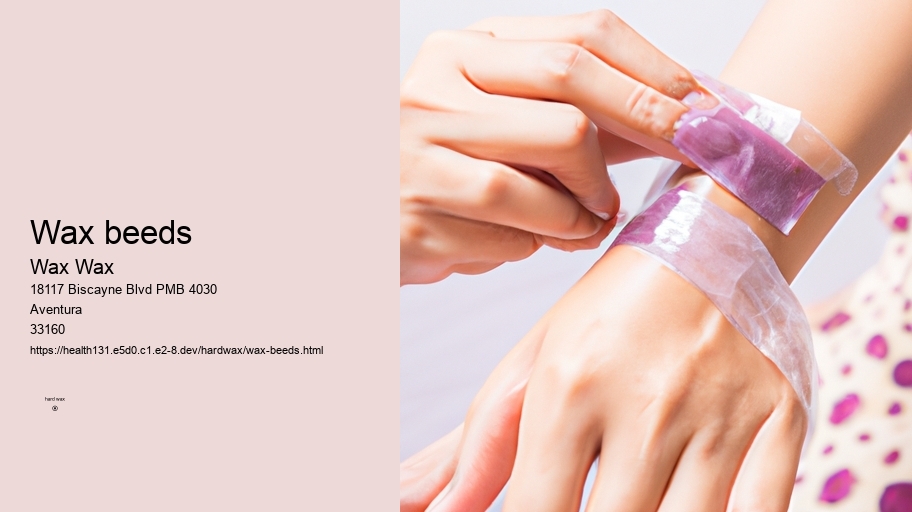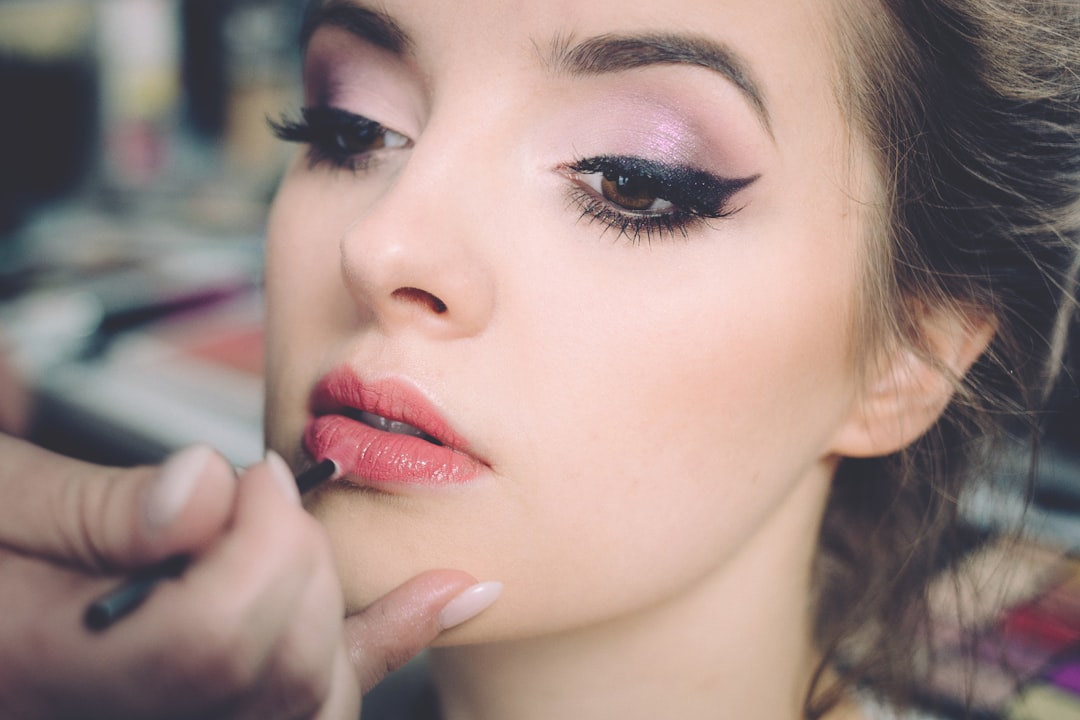

Waxing is a form of semi-permanent hair removal that involves applying a sticky substance, such as wax, to adhere to body hair and then removing this covering to pull out the hair from the follicle. New hair will not grow back in the waxed area for four to six weeks. Waxing can be done on various parts of the body, including eyebrows, face, legs, arms, back, abdomen, chest, and feet. There are different types of waxing methods available, such as strip waxing (soft wax) and stripless wax (hard wax and film wax). While waxing is an effective method for removing hair in large amounts at once and provides long-lasting results compared to shaving or using depilatory creams, it can also be painful and expensive. Some people may experience ingrown hairs or skin irritation after waxing.
Meeting with your esthetician
Ensure Consistent Hair Growth: To get the best results from your waxing appointments, it's essential to let your hair grow out to the recommended length before each session. (This means avoiding shaving or other hair removal methods in between appointments.) By sticking to a consistent schedule, you can optimize the effectiveness of each waxing treatment.
If you are experiencing too much pain, try taking a pain reliever 30 minutes before waxing or using numbing cream to alleviate discomfort.
3. What is the proper technique for applying and removing the wax?
Find sources: "Waxing" news · newspapers · books · scholar · JSTOR ( April 2017 ) ( Learn how and when to remove this message )
Types
Using the wrong type of wax for your skin and hair type
Aftercare Routine: It is important to follow a proper aftercare routine in order to avoid any potential skin problems. This includes moisturizing the waxed area regularly, avoiding hot baths or showers for at least 24 hours, exfoliating gently after a few days, and wearing loose clothing to prevent irritation. By taking these simple steps, you can prolong the results of your waxing session and keep your skin looking smooth and healthy!
Historical facts about waxing
Avoid scheduling your appointment the week before or during your period as skin tends to be more sensitive.
Choosing the right type of wax for your skin type has numerous benefits! First, it reduces the risk of irritation and allergic reactions. Using a wax specifically formulated for your skin type can help prevent redness, bumps, and other adverse reactions that may occur with the wrong type of wax. Second, it ensures effective hair removal. By selecting a wax that is suitable for your skin, you can achieve smoother and longer-lasting results. Third, it minimizes discomfort during the waxing process. The right type of wax can help reduce pain and discomfort, making the experience more bearable. Fourth, it helps maintain skin health. Certain waxes contain ingredients that nourish and hydrate the skin while removing hair, promoting overall skin health. Lastly (exclamation mark), choosing the correct wax for your skin type can lead to improved confidence and satisfaction with the results! To put it short, selecting the right wax can make a significant difference in your waxing experience and overall skincare routine.
Apply after showering: After showering, when your pores are open, apply moisturizer to help your skin absorb it more effectively. This will leave your skin feeling soft and supple throughout the day.
Exfoliate gently: (Try) exfoliating the waxed area a few days after your appointment to prevent ingrown hairs. wax beads nearby Use a mild exfoliating scrub or glove to gently remove dead skin cells.
The Do's and Don'ts of Waxing at Home

Waxing is a form of semi-permanent hair removal that involves applying a sticky substance, such as wax, to adhere to body hair and then removing this covering to pull out the hair from the follicle. New hair will not grow back in the waxed area for four to six weeks. Waxing can be done on various parts of the body, including eyebrows, face, legs, arms, back, abdomen, chest, and feet. wax wax wax kit There are different types of waxing methods available, such as strip waxing (soft wax) and stripless wax (hard wax and film wax). While waxing is an effective method for removing hair in large amounts at once and provides long-lasting results compared to shaving or using depilatory creams, it can also be painful and expensive. Some people may experience ingrown hairs or skin irritation after waxing.
Avoid exposing the freshly waxed area to hot water for at least 24 hours as it can cause irritation and discomfort.
Male chest before and after waxing.
3. How does regular waxing help to minimize skin irritation and ingrown hairs that can occur with shaving or depilatory creams?
Take a pain reliever 30 minutes before your waxing session, if needed
Additionally, try scheduling your waxing appointments around your menstrual cycle as some women find that they are more sensitive to pain in the days leading up to or during their period.